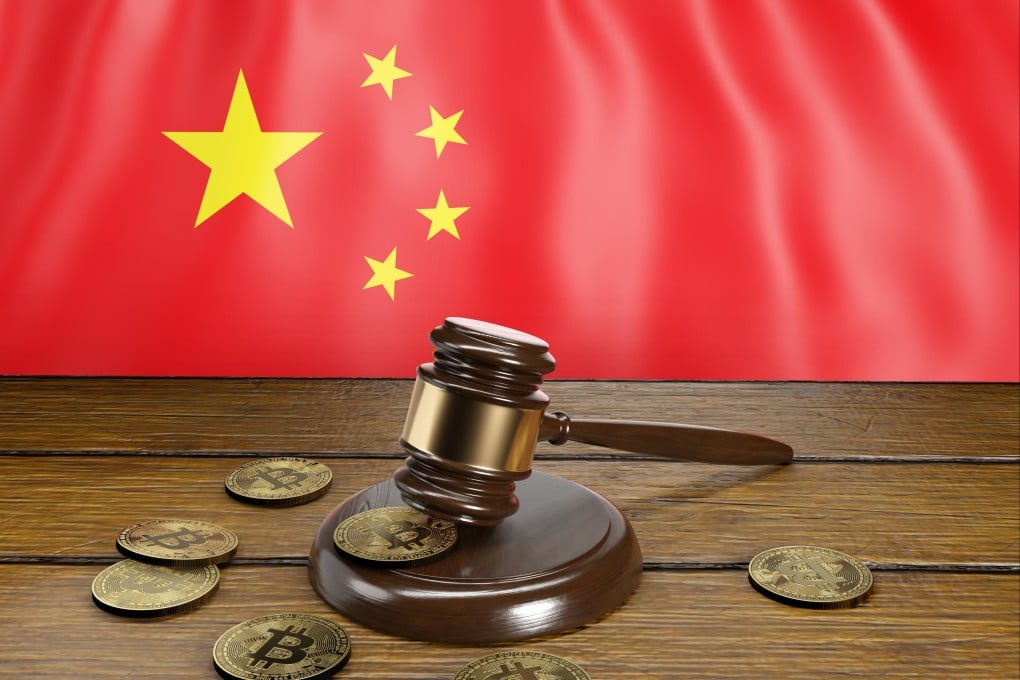China’s first cryptocurrency corruption case captures former central bank official
Yao Qian is accused of abusing his position at the China Securities Regulatory Commission in a ‘severe breach of duty’

Yao, whose department at the CSRC was responsible for regulating data and cybersecurity as well as drafting and implementing rules for securities, futures and fund industries, is suspected of “bribery-related crimes”, according to the statement on Wednesday.
The Central Commission for Discipline Inspection (CCDI) said Yao “posed as a financial technology expert and for personal gain had spared no effort in supporting specific technology service providers”.
Yao willingly became “a ‘key target’ for those seeking to prey on him”, the CCDI said. His alleged crimes include using virtual currencies for the exchange of power and money.
Yao is accused of abusing his regulatory power and using his position to help tech companies expand their business while paying for his personal expenses, as well as illegally accepting large amounts of money.
The CCDI said Yao had been expelled from the Communist Party and dismissed from his role in public office, with all his illegal gains confiscated. The prosecution authority will now investigate the case and decide whether to bring criminal charges against him.
